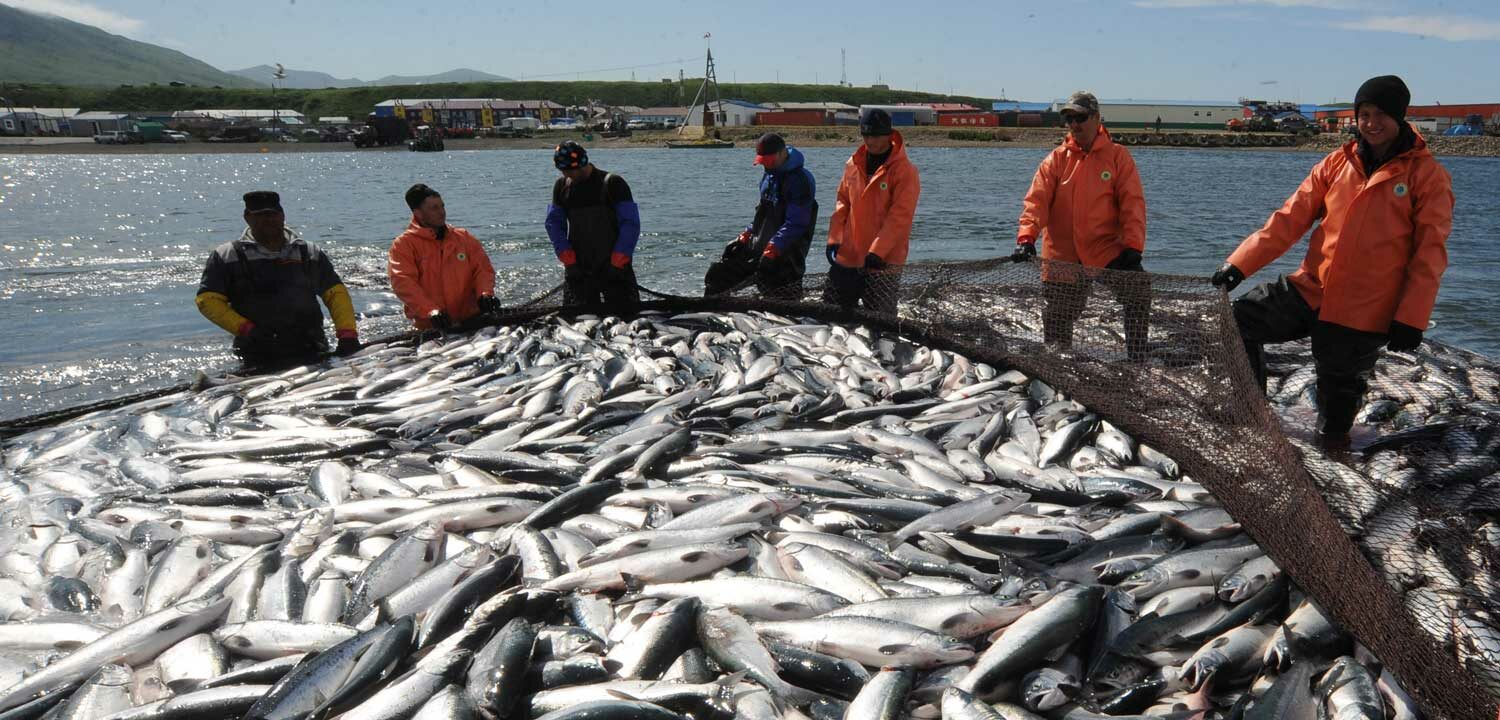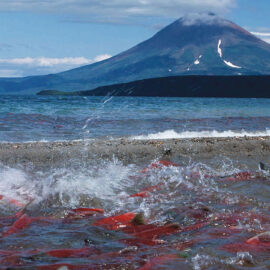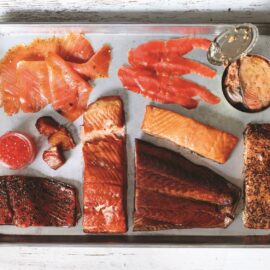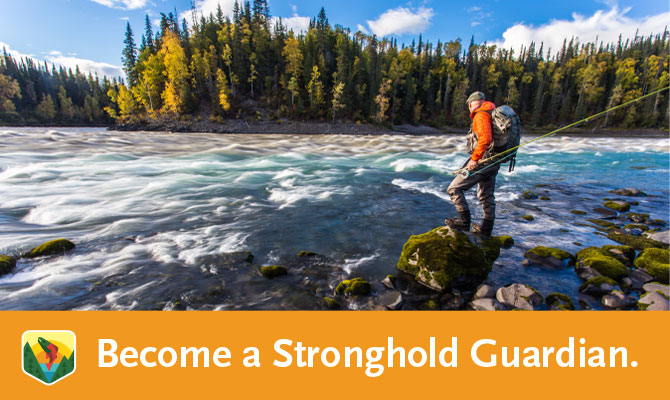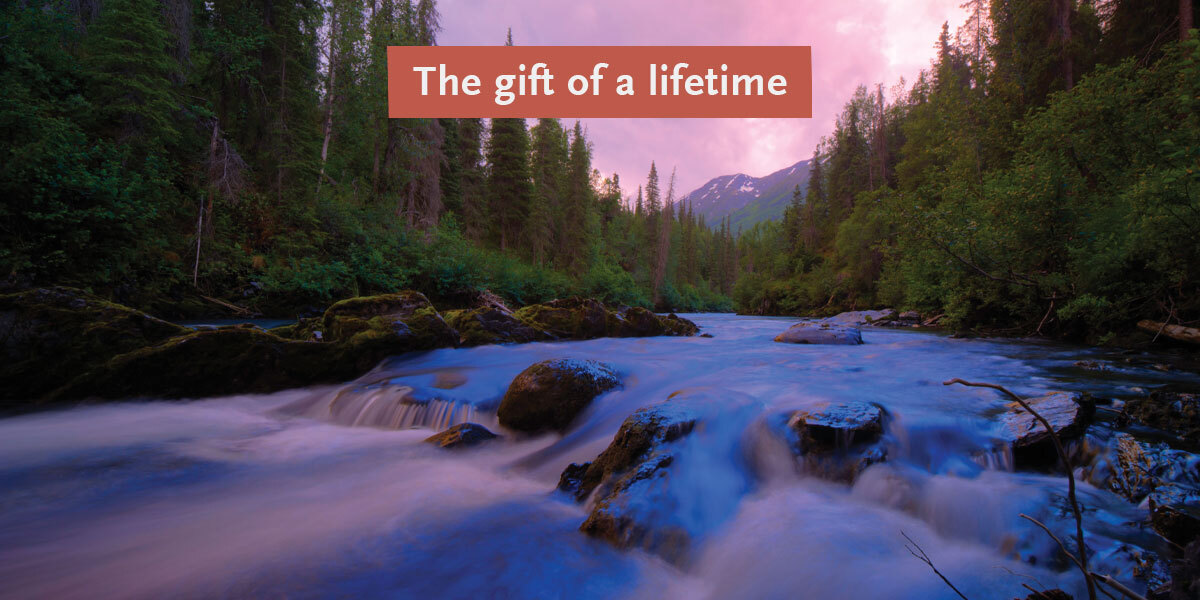On the rich wild salmon rivers of West Kamchatka, three commercial fisheries achieve Marine Stewardship Council certification.
Wild Salmon Center is pleased to share news below about our partners Ocean Outcomes’ latest work in West Kamchatka. Ocean Outcomes is a global fishery improvement organization that works hand-in-hand with commercial fisheries and local communities to improve the sustainability of global fisheries. The organization was launched by Wild Salmon Center in 2015, and grew out of a decade of work started at WSC.
The Marine Stewardship Council (MSC) announced last month that several wild pink, chum and coho salmon fisheries in the western Kamchatka region of the Russian Far East will be awarded MSC certification, the most stringent eco-label for fish.
The certification comes as a result of extensive improvements in fishing practices led by Russian fishing companies, Vityaz-Avto Ltd. and Delta Ltd.
The new certifications will be for pink and chum salmon on the Vorovskaya, Kol, Opala, Golygina, Koshegochek, and Ozernaya rivers, as well as coho salmon on the Kol.
Wild Salmon Center has been working with these Kamchatka fisheries since 2008, when the sustainable fisheries team (which became Ocean Outcomes) first engaged them.
Fisheries in Kamchatka bring in 15% of the world’s wild salmon, second only to Alaska. However, unlike their Alaskan counterparts, Russian fisheries have not always been known for sustainable fishing.
“A decade ago, illegal fishing was rampant,” explains Brian Caouette, director of global programs at Ocean Outcomes. “Poachers were scooping up tens of thousands of fish on a regular basis. We would see mountains of fish carcasses left to rot after poachers slashed female fish and scraped out their eggs for black market caviar. No one was monitoring returning salmon. There were no private property rights associated with fishing. It was a free for all.”
In contrast, fishing companies now hire and train their own security guards to patrol the rivers and protect spawning salmon. Commercial fishermen have secured 20-year leases for fishing sites, providing long-term incentive to monitor and manage fish and habitat. Fishing companies have invested millions in state of the art processing and cold storage facilities, and these have benefited local economies.
Vityaz-Avto and Delta have already seen market improvements for their Ozernaya Sockeye fishery, which gained MSC certification in 2012 and garners over $15 per pound in U.S. grocery stores. MSC certification is a critical step for their coho, pink, and chum salmon fisheries to improve their position in international markets.
However, these fisheries are not perfect. The MSC certification identified six conditions that the fisheries must address within five years to keep the new eco-label. These include improving methods to track the number of salmon that return to spawn, controls on fishing, and surveillance activities.
“This is a story of creating change in difficult places, not instant success,” says Caouette. “Real progress is possible — it’s happening.”
